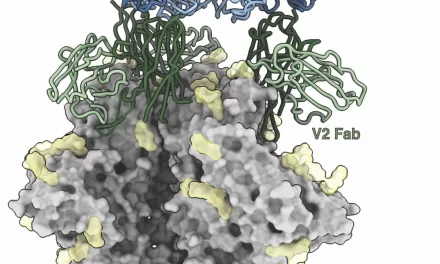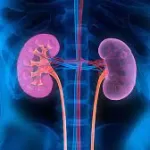A recent study published in the Journal of the American College of Cardiology reveals that higher doses of vitamin D3 supplementation do not significantly reduce cardiac biomarkers in older adults with low serum vitamin D levels. The study, part of the STURDY trial, found no meaningful differences in levels of high-sensitivity cardiac troponin I (hs-cTnI) and N-terminal pro-B-type natriuretic peptide (NT-proBNP) between participants who received low or high doses of vitamin D3.
Methodology
The STURDY trial, conducted between July 2015 and March 2019, included 688 participants aged 70 years or older with low serum 25-hydroxy vitamin D levels (ranging from 10 to 29 ng/mL). These individuals were randomized into groups receiving one of four daily doses of vitamin D3: 200 IU, 1000 IU, 2000 IU, or 4000 IU. The 200 IU group served as the reference.
Key cardiac biomarkers, such as hs-cTnI and NT-proBNP, were measured at the start of the study, then again at 3 months, 12 months, and 24 months. These biomarkers are critical indicators of cardiovascular health, with elevated levels often associated with subclinical heart disease.
The trial took place at two community-based research institutions in the United States, assessing the long-term impact of different vitamin D3 doses on heart health over a follow-up period of 24 months or until the study was terminated.
Key Findings
The researchers found no significant differences in hs-cTnI or NT-proBNP levels between those receiving higher doses of vitamin D3 compared to the low-dose reference group. Specifically, the hs-cTnI levels differed by only 1.6% between the groups (95% CI, −5.3 to 8.9), while NT-proBNP levels showed a minimal difference of −1.8% (95% CI, −9.3 to 6.3).
Both biomarkers increased over time in all groups. hs-cTnI levels rose by 5.2% in the low-dose group and 7.0% in the high-dose group, while NT-proBNP levels increased by 11.3% and 9.3%, respectively.
Implications
The findings suggest that even with higher doses of vitamin D3, there is no significant reduction in markers of subclinical cardiovascular disease among older adults. According to the study’s lead author, Dr. Katharine W. Rainer from Beth Israel Deaconess Medical Center, the systemic effects of vitamin D deficiency might be more pronounced in older adults, but vitamin D may act more as a risk marker than a direct risk factor for cardiovascular disease (CVD).
“We can speculate that the systemic effects of vitamin D deficiency are more profound among the very old, and there may be an inverse relationship between supplementation and inflammation. It is also possible that serum vitamin D level is a risk marker but not a risk factor for CVD risk and related underlying mechanisms,” the study authors noted.
Limitations
The study’s population, primarily community-dwelling older adults, may limit the generalizability of the findings to those at higher risk for cardiovascular disease. Furthermore, participants had lower baseline cardiac biomarker levels than those typically seen in higher-risk populations, possibly affecting the precision of the assay measurements. The study’s power for detecting changes across subgroups was also limited.
Conclusion
The STURDY trial adds to the growing body of evidence that vitamin D3 supplementation does not play a significant role in reducing cardiac biomarkers associated with subclinical heart disease, at least in older adults with low vitamin D levels. The study raises further questions about the role of vitamin D in cardiovascular health, suggesting that it may not be the protective factor once thought.
Funding and Disclosures
The research was supported by grants from the National Institute on Aging, the Office of Dietary Supplements, the Mid-Atlantic Nutrition Obesity Research Center, and the Johns Hopkins Institute for Clinical and Translational Research. Dr. Katharine W. Rainer disclosed receiving grants from these organizations.












